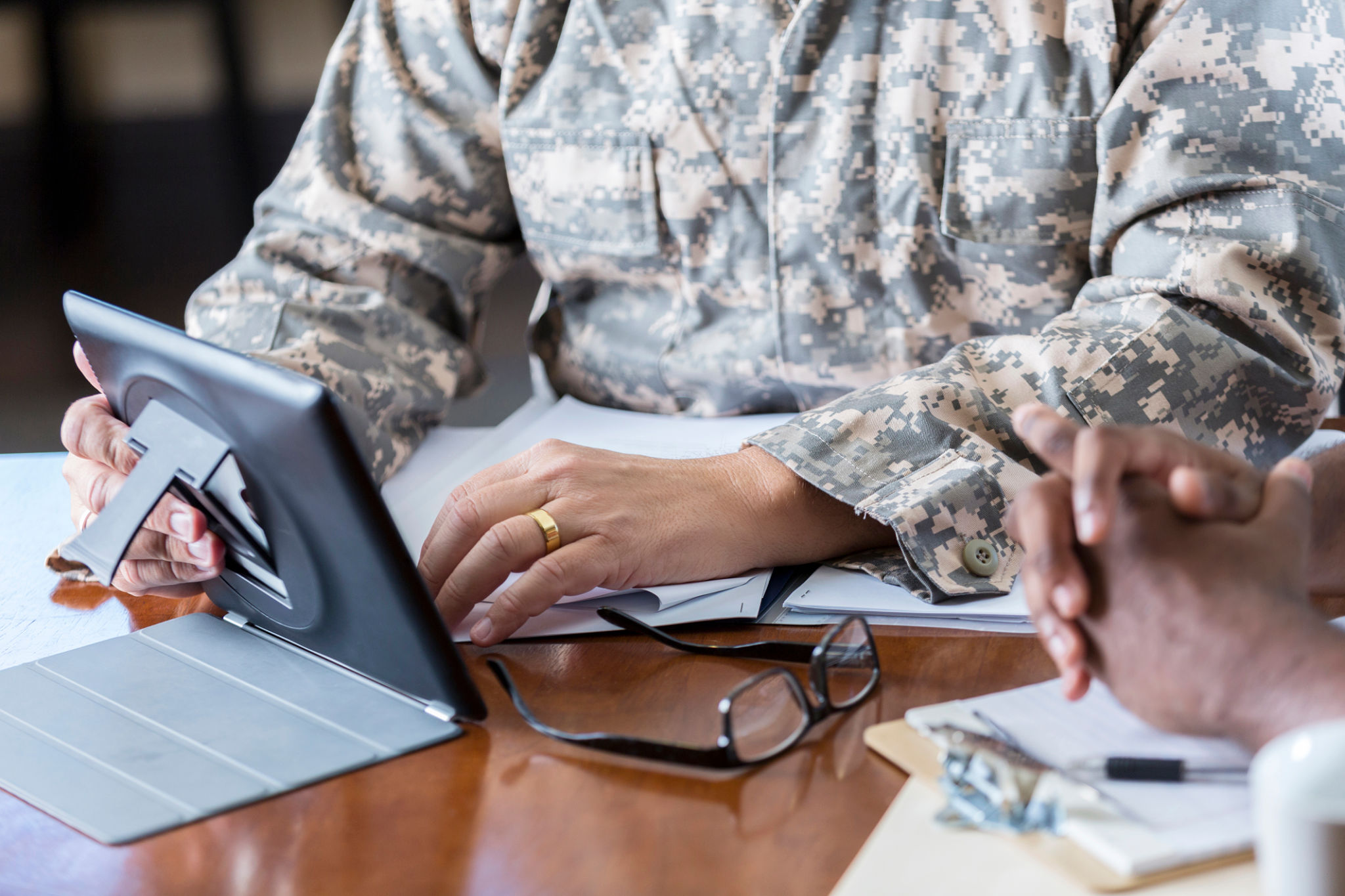Overcoming Challenges: A Veteran's Guide to Navigating Substance Abuse Recovery
Understanding the Challenge
For many veterans, the transition from military to civilian life can be fraught with challenges. One of the most significant hurdles is overcoming substance abuse. The experiences and stressors associated with military service can lead some veterans to turn to alcohol or drugs as a form of coping. Recognizing the unique aspects of this journey is crucial in navigating the path to recovery.

Identifying Triggers and Stressors
Understanding what triggers substance use is a vital step in recovery. Veterans often face unique stressors, including PTSD, anxiety, and depression, which can exacerbate substance abuse issues. Identifying these triggers can help in creating a personalized plan to avoid or manage them effectively.
Common triggers include:
- Memories of traumatic events
- Social isolation
- Difficulty adjusting to civilian life
- Financial stress
Building a Support Network
A strong support network can make a significant difference in the recovery process. Veterans are encouraged to lean on family, friends, and fellow veterans who understand their experiences. Support groups specifically for veterans can provide a safe space to share struggles and successes. Additionally, professional help from counselors or therapists specializing in veteran care can be invaluable.

Developing Healthy Coping Mechanisms
Replacing substance use with healthy coping mechanisms is an important part of recovery. Activities such as exercise, meditation, and engaging in hobbies can help manage stress and improve mental health. Veterans are encouraged to explore different activities to find what resonates best with them.
Some effective coping strategies include:
- Regular physical activity, such as walking or yoga
- Mindfulness practices and meditation
- Pursuing creative outlets like art or music
- Volunteering and community service
Setting Realistic Goals
Recovery is a journey that requires patience and persistence. Setting realistic and achievable goals can provide direction and motivation. Whether it's attending therapy sessions regularly or reducing substance use gradually, having clear objectives helps track progress and maintain focus.

Accessing Resources and Treatment Options
There are numerous resources available to veterans seeking recovery from substance abuse. The Department of Veterans Affairs offers various programs, including inpatient and outpatient treatments tailored to veterans' needs. Additionally, many non-profit organizations provide support specifically geared towards helping veterans overcome addiction.
Some helpful resources include:
- Veterans Crisis Line
- VA Mental Health Services
- Local veteran support groups
- Online forums and communities for veterans
The Importance of Persistence
Recovery is not always a linear process; setbacks can occur. It's essential for veterans to remain committed to their recovery journey, even when faced with obstacles. Celebrating small victories and learning from challenges can strengthen resolve and build resilience.
A Veteran's Strength in Recovery
The skills and discipline acquired during military service can be powerful tools in the recovery process. Veterans possess resilience, determination, and a strong sense of camaraderie, all of which can aid in overcoming substance abuse challenges. By leveraging these strengths, veterans can find new purpose and hope in their recovery journey.

